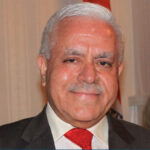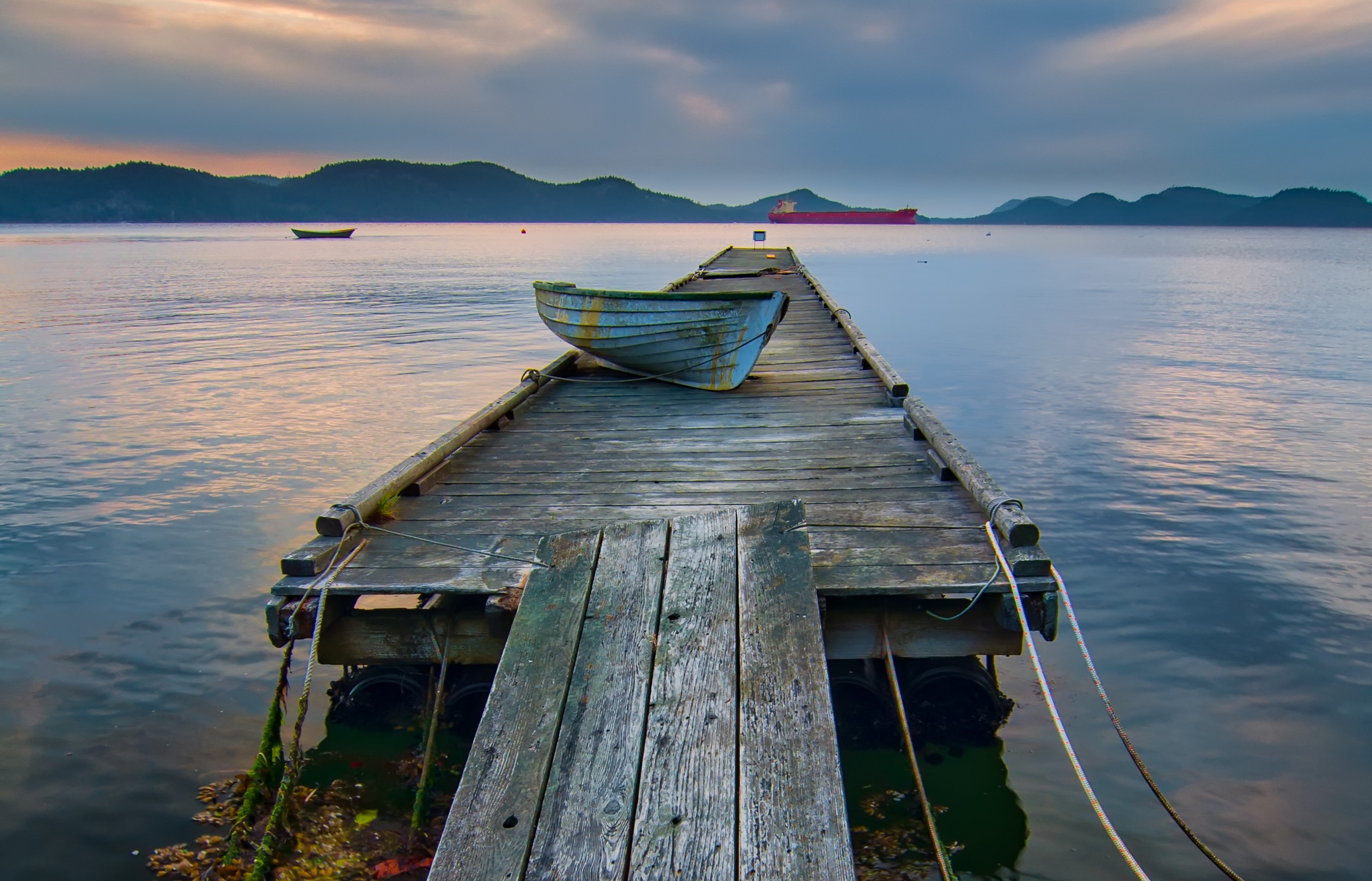Political Developments
A political turmoil shook Kyrgyzstan when after hours of tense confrontation between supporters of former Kyrgyz President Almazbek Atambayev and police, former President Atambayev was detained. The arrest culminated a six-week standoff, which started when current President Sooronbay Jeenbekov lifted Atambayev’s immunity from prosecution last June. Atambayev is charged with corruption schemes related to reconstruction of Bishkek’s thermal power plant and Historical Museum, unlawful release of crime boss Aziz Batukayev and illegal deliveries of coal to Bishkek’s thermal power plants, as well as in reassigning plots of land in country’s Issyk-Kul region and illegally obtaining a plot of land to build a residential house in the Koi-Tash settlement. Atambayev claims that Jeenbekov is persecuting him for political reasons.
China is increasing its military and economic presence in parts of Central Asia that Russia has traditionally considered its sphere of influence. This could cause concern in Moscow. While Russia’s influence remains strong in many former Soviet republics, China is steadily building up its influence in Tajikistan, particularly in remote, mountainous areas on Tajikistan’s western borders where central government authority is weak. Russia has long been concerned about China’s expansion in a region it considers its own backyard.
Protests in six major cities in Kazakhstan erupted against Kazakhstan’s ‘’decision to accept loans from China and to establish 55 factories with China’s help’’, a move that will deepen Kazakhstan’s dependence on China and lead to a new influx of Chinese workers rather than providing jobs for native Kazakhs. Demonstrations against President Tokayev’s visit to China (11-12 September) initially broke out in Zhanaozen and later spread to other cities including Almaty, Nur-Sultan, Aktobe etc. Rallies reflected the widespread under-current of antagonism towards China which is seen as an economically invasive force. These sentiments have been exacerbated by constant news of China’s so called “re-education camps” in Xinjiang, said to hold thousands of ethnic-Kazakh citizens of China. Beijing’s “de-radicalisation” drive in Xinjiang, which according to human rights groups has landed a million people, including some ethnic Kazakhs, in prison-like camps, is a source of growing tension. Protesters said: “We don’t want jobs. We don’t want factories. We just demand that you not let them in.” Land reform protests of 2016 were also directed at China over frustrations that Kazakh government is continually handing over land to China. China has invested US$16 billion in Kazakhstan. It is Kazakhstan’s second-largest trade partner, just behind Russia, with bilateral trade at US$11.6 billion in 2018. Governor of Mangystau region met the protesters and promised that no Chinese plants will be built in the country. Fears of excessive reliance on China’s investments and spread of accompanying corruption are part of larger issue of ordinary Kazakhs seldom seeing benefits of foreign investment. These investments fail to deliver gains for most of Kazakhstan’s 18 million people. Some demonstrators have called not only for the cancelation of the business contracts with China but for disbandment of ruling party in Kazakhstan and the wholesale transformation of its political system. If the government cannot ensure the country’s long-term independence, then anti-Chinese attitudes, already intensifying, will feed anti-regime attitudes as well.
Kazakhstan’s new president, Kassym-Jomart Tokayev, delivered his first major speech – Address to the Nation – following his election last June, defining his policies in all fields of economy and society. He promised to oppose ‘’unsystematic political liberalisation’’ and instead carry reforms ‘‘without running ahead’’ but moving consistently, persistently and thoughtfully. He said that ‘’successful economic reforms are no longer possible without modernisation of the country’s socio-political life.’’ He developed the concept of a state “capable of hearing” its citizens. Regarding party politics, he said the ruling Nur Otan party should cooperate with other political forces that pursue a constructive policy for the benefit of society. He insisted that problems of society should not be decided “in the streets”. He said that as head of state, he saw his task as contributing to development of a multi-party system, political competition and pluralism of opinions in the country. He reaffirmed the need to strengthen the role of Kazakh language as a state language. Tokayev reaffirmed that agricultural land would not be sold to foreigners, and any unused agricultural land would be seized by the state. This was an indirect reference to China. Kazakhstan is a strong supporter of China’s Belt and Road initiative but is conscious of protecting its sovereignty.
EU’s new Central Asia policy focuses on two key priorities: One, to be partners for resilience by strengthening capacity of the states and societies to overcome internal and external shocks and enhance their ability to embrace reform. This will seek to translate into closer cooperation on human rights and rule of law as well as closer cooperation in security, including counter-radicalisation and counterterrorism, and new areas like hybrid threats and cyber-security. Second, to cooperate with countries of Central Asia to turn environmental challenges into opportunities.
Kazakhstan’s Senate elected Dariga Nazarbayeva, daughter of former President Nursultan Nazarbayev, as Senate Speaker. She had served as head of Senate since March, but since her mandate was renewed in August, she was required to be re-elected. She will take on responsibilities of the president if he suddenly steps down, becomes incapacitated or passes away. Some analysts speculate that she will eventually become the “true” successor to Nazarbayev, with Tokayev as a temporary figure in transition.
Turkmen President Gurbanguly Berdymukhammedov delivered the opening Address at the Caspian Economic Forum on 12th August in Turkmenistan — his first public appearance since 5th July amid rumors that he had died or had slipped into a coma during hospital treatment. Berdymukhammedov appeared robust and healthy.
Kazakhstan’s government allowed pro-democracy youth activists to hold small-scale public rallies demanding constitutional reform, signalling more tolerance for its critics. Public protests are effectively illegal in Kazakhstan and police routinely disperse such gatherings. But state security agencies appear to be adopting a softer approach since Kassym-Jomart Tokayev took over as president from Nursultan Nazarbayev in March, 2019. Members of Kazakh youth movement ‘’Oyan Qazaqstan’’ (Wake Up, Kazakhstan) marched in Almaty on the country’s Constitution Day demanding democratic reforms and protection of freedom of speech with banners reading “Down with the Authoritarian System!”
Kazakh Education Ministry doesn’t allow girls to wear hijab (head scarf) in school, but many parents in the country believe such a ban violates the country’s constitution and hampers girls’ education. Kazakh laws do not explicitly ban hijab in school, but an Education Ministry decree on student uniforms prohibits wearing of religious symbols at school. Schools across Kazakhstan consider this as an official ban on the hijab.
Uzbekistan announced that in a bid to promote tourism, Chinese citizens including those from Hong Kong would be granted a seven-day visa waiver from the beginning of 2020.
Russian nuclear reactor company Rosatom is close to signing a commercial contract to build two nuclear reactors in Uzbekistan. Uzbekistan signed a first intergovernmental agreement with Russia in 2017 for cooperation in civil nuclear area, followed by a second intergovernmental agreement in September 2018 for construction of two VVER-1200 Rosatom reactors.
Secretary General of Shanghai Cooperation Organisation stated that terrorist activity on the territory of its member states has decreased which confirms the success of practical efforts on enhancing counterterrorism mechanisms. In connection with tension between India and Pakistan, he said that SCO is ready to take on responsibility for security and development in the region.
Economic Developments
Kazakhstan has attracted a total of US$ 330 billion as foreign direct investment since its independence in 1991.
Oil production in Kazakhstan should exceed 100 million tons per year, and gas production 77 billion cubic meters per year by 2025. For this purpose, large-scale geological exploration program for 2021-2025 is being developed. By 2025, Kazakhstan plans to ensure annual sustainable GDP growth of at least 5% in achieving which oil and gas sectors will play a major role.
China and Kazakhstan inaugurated a US$71 million, 100 megawatts Solar Farm in Almaty covering 667 acres of land – size of 378 football fields – and consisting of 303,000 solar panels. The plant was completed in one year. Kazakhstan will introduce five more such facilities by end of the year. As of today, it operates 75 such power plants.
Tokayev criticized the Kazakh Central Bank’s monetary policy ahead of its interest rate review. He demanded that the Bank ensure affordable long-term credit for local businesses.
First cargo train loaded with 41 containers of semi-finished stone of mineral talcum powder travelled from Afghanistan to China via Uzbekistan and Kazakhstan.
Kazakh Prime Minister stated that main task for Kazakh government is to ensure annual sustainable GDP growth and bring it to 5% and higher by 2025. In January-August 2019, GDP growth was 4.3% compared to same period of 2018. Construction grew by 11.8%, trade by 7.6%, transport by 5.5%, manufacturing sector, including engineering by 18%, light industry by 17.4%, non-ferrous metal mining by 17.9%, and oil refining by 6.2%.
Several multimillion-dollar loan agreements as well as Uzbekistan’s first ever yuan-denominated loan were concluded during 5th meeting of Uzbekistan-China Intergovernmental Cooperation Committee in Beijing. Borrowing in local currency increases importance of that currency to the detriment of the US dollar. China’s Eximbank will offer Uzbekistan a US$65 million loan to build new hydroelectric plants as well as renovate several existing ones. Largest credit line is a planned billion-dollar joint investment fund to produce chemical and petrochemical products for export. Uzbek PM in his meeting with Chinese President Xi Jinping called China “the closest and most reliable neighbor and partner” of Uzbekistan. Xi, in turn, vowed to continue implementing the “high-quality construction” of the Belt and Road Initiative (BRI) with Uzbekistan. China promised to increase agricultural imports from Uzbekistan. China has become Uzbekistan’s largest trade partner—surpassing Russia for the first time—mainly due to increased imports from China.
India-Central Asia Relations
Pakistan absented itself from a two-day SCO meet on military medicine in India. It however sent a representative for dinner on the first day. In his Opening Remarks, Raksha Mantri Rajnath Singh highlighted the threat of nuclear, chemical and biological warfare. He underlined “complexity of existing challenges” and informed about “importance of building capabilities to deal with menace of bio-terrorism” which is a “real threat the world is facing today.”
Engineering Export Promotion Council organized an India Pavilion at exhibition Kazbuild & Aquatherm 2019 at Almaty, Kazakhstan. Around 30 Indian engineering companies participated to showcase their products and capabilities in Construction Material and Equipment, Hardware and Tools, Roofing and Technology, Window Décor, HVAC equipment & Services, Water Purification, Accessories and Valves.
As part of Strategic Neighbourhood Study Tour, a delegation from National Defence College led by Maj Gen Harkirat Singh, VSM, including four officers, one each from USA, Australia, UAE and Afghanistan visited Kazakhstan. They interacted with senior civil & military dignitaries of Kazakhstan. Delegation visited the National Defence University and Ministry of Foreign Affairs where they called on Kazakh Deputy Foreign Minister.
A new branch of Tengri Bank, an associate of Punjab National Bank was opened in Karaganda with launch of their own credit card operations. Tengri Bank now has a total of 16 branches in 9 cities.
Yerlan Alimbayev has been appointed the new Kazakh Ambassador to India in place of Bulat Sarsenbayev. President Tokayev entrusted Alimbayev to strengthen trade and economic, and investment cooperation with India, foster tourism collaboration and prepare to celebrate the 750th anniversary of Golden Horde and other significant events.























